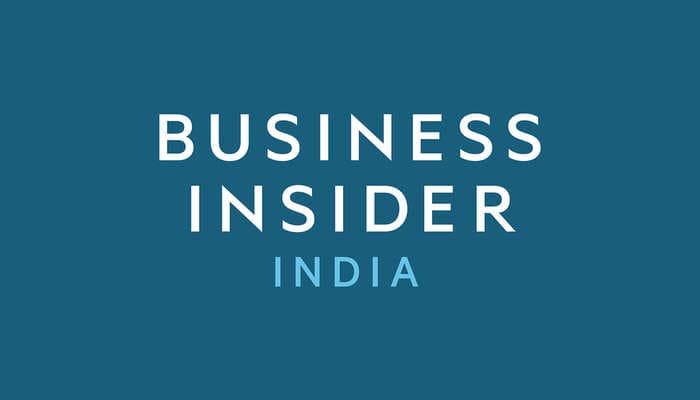The submission was made in the hearing relating to two pleas filed on behalf of two children who are suffering from DMD.
DMD, one of the various forms of muscular dystrophy, is a rare genetic disease that affects boys almost exclusively and cause progressive weakness.
Justice Prathiba M Singh was assured by Deputy Secretary, Ministry of Health, Dr Pulkesh Kumar that the new National Health Policy for Rare Diseases of 2020, for rare diseases will be notified by March 31 this year along with the clause of crowd funding of expensive medicines and treatment for rare illnesses.
He also highlighted the magnitude of the problem and submitted that there are more than five lakh DMD patients and genetic therapy has to be provided to them in India and the current cost of such therapy is approximately Rs six crore per child annually.
The official stated that the government does not have the budget to provide treatment to all the patients of DMD.
The high court while listing the matter for further hearing on February 19, said "we should find a solution at the bigger level".
The court had earlier asked the ministry to write to the company -- Sarepta Therapeutics in USA -- which manufactures the experimental drug used for treatment of DMD, enquiring whether they would consider providing the medicine free of cost to the two children whose families cannot afford the exorbitantly priced drug.
In Thursday's hearing, the ministry's official informed the court that he again attempted to contact Sarepta Therapeutics, however, there was no response.
The court was informed by advocate Vivek Chib, appearing for one of the child petitioners, that on an earlier occasion when another DMD patient was provided treatment by the UP government, the sanction was given by the authorities for a period of six months and subject to certain terms.
The high court directed the All India Institute of Medical Sciences (AIIMS) to file an affidavit within one week giving certain details, including, as the details of therapy provided to one of the patients and what was the effect of it on the child.
The institution shall also state the manner in which medicine of the said patient was ordered from Sarepta Therapeutics and was there an indent supplier who supplied the medicine at that stage for the patient.
It will also mention in the affidavit what is the condition of the child after the six month therapy and is the therapy still continuing.
Advocate Ashok Agarwal, representing the other child petitioner, said that the government shall do some research and make an endeavour to invent the drugs in the country itself to save lives of people suffering from this problem.
The high court had on January 28, directed the Centre to finalise by March 31 its new National Health Policy for Rare Diseases of 2020 and make operational the digital platform envisaged under it for crowd funding of the expensive medicines and treatment for rare illnesses.
The court had also noted in its order that the earlier policy on rare diseases of 2017 was kept in abeyance from December 2018 onwards and the new policy was still awaiting comments from the public and other stakeholders.
AIIMS had told the court that it does not have the funds required to procure the drug for the two children as crores of funds were to be released to it by the central government. SKV SKV RKS RKS